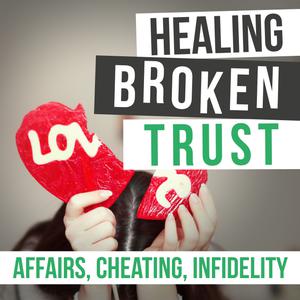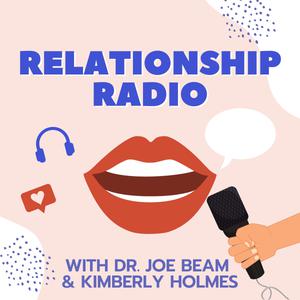Responding to The Rage of Your Betrayed Spouse
If you have betrayed your spouse and disclosed that betrayal to them, one thing you will have become very aware of is the rage that betrayal can cause. In our experience in working with couples, many people who are working through their own infidelity and trying to recover their marriage find that they aren’t sure how to respond to this rage or what to do with it.
Today we are going to look at why anger is a normal part of responding to betrayal, where it comes from, and how to best support your spouse in the face of it.
Anger Is A Common Reaction to Betrayal
When a person is betrayed, there are a lot of potential responses that often come in waves and in varying degrees of intensity. According to researcher MeowLan Chan (2009) "Typical responses to betrayal include: retaliation, reduction in trust, distrust or suspicion, increase in monitoring, negative emotions (e.g., anger, disappointment, frustration), deterioration in the quality or even termination of the relationship, withdrawal of effort and cooperation within the relationship, and demand for more legalistic forms of trust as substitutes for interpersonal trust."[1] These reactions affect both your spouse and your relationship.
One of the most prominent negative emotions is anger, or even rage. In all fairness, when anyone is faced with an extreme threat they will often respond with anger. Anger helps a person survive by shifting their focus toward doing the things necessary for survival.
Since a marriage is usually grounded on what was seen to be a reliable foundation of trust, when that foundation is shattered by betrayal, this significant breakdown in one’s foundation is often experienced as a threat to survival. Furthermore, anger is a common response to events that seem unfair or to circumstances that set you up to be a victim of the choices of others, especially a situation like a betrayal event.[2]
Understanding Trauma and PTSD from Betrayal
The severity of a spouse’s response to betrayal can come as a surprise to the betraying spouse. Often, a betraying spouse wants to justify their actions and the way they may have gone against their values with those actions. They do this by denying and minimizing their actions in their mind. As a result, they tend to mentally turn the dial down on what the anticipated consequences will be.
Regardless of how much denial is occurring, it does not affect the severity of the impact on the betrayed spouse. Quite often, a betrayal becomes a traumatic event, even causing many of the symptoms of PTSD. Your spouse may experience other negative effects of trauma such as forgetting important parts of the traumatic event, exaggerating negative thoughts about oneself, others, or the world, distorted blame of self or others, detachment or estrangement from others, inability to experience positive emotions, lack of interest in activities, or globally negative experiences of fear, horror, anger, guilt, or shame.[3] This is all due to the trauma that frequently comes with betrayal. It’s such a blow to a person that it becomes a shattering event.
Looking at the rage response more specifically, some of the criteria for rage include:
Having an experience that exceeds healthy anger.Losing the rational component of brain functioning that enables a person to think clearly and logically. Losing the ability to consider consequences for actions.Even seeking to hurt your spouse in a physical way.
It should be noted that these particular features of rage were observed in a study of violent women who experienced rage towards their partner, but not in a betrayal context.[4] However, we hear about betrayed spouses experiencing the same symptoms when they have experienced spousal betrayal. It’s important to note that even when you have been betrayed, it is still not acceptable to resort to physical violence. Yes, it’s also unacceptable to be betrayed, but two wrongs won’t make a right and physical violence wo...
11 March 2020, 11:00 am

 Healing Broken Trust In Your Marriage After Infidelity
Healing Broken Trust In Your Marriage After Infidelity
 The Stupendous Marriage Show: Marriage Advice | Sex | Relationships
The Stupendous Marriage Show: Marriage Advice | Sex | Relationships
 Sexy Marriage Radio
Sexy Marriage Radio
 The Save The Marriage Podcast
The Save The Marriage Podcast
 Delight Your Marriage | Sexual Intimacy, Relationship Advice, & Christianity
Delight Your Marriage | Sexual Intimacy, Relationship Advice, & Christianity
 Relationship Radio: Marriage, Sex, Limerence & Avoiding Divorce
Relationship Radio: Marriage, Sex, Limerence & Avoiding Divorce